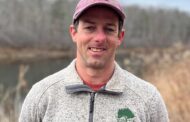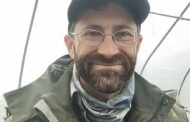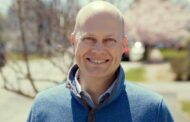
Every Month PelotonLabs founder Liz Trice interviews a Peloton member for the West End News. This month Liz caught up with Kelly Merrill, a social justice activist, artist, & writer.
Tell me about when you were sick. How did you find wellness and how did that lead you to be an activist?
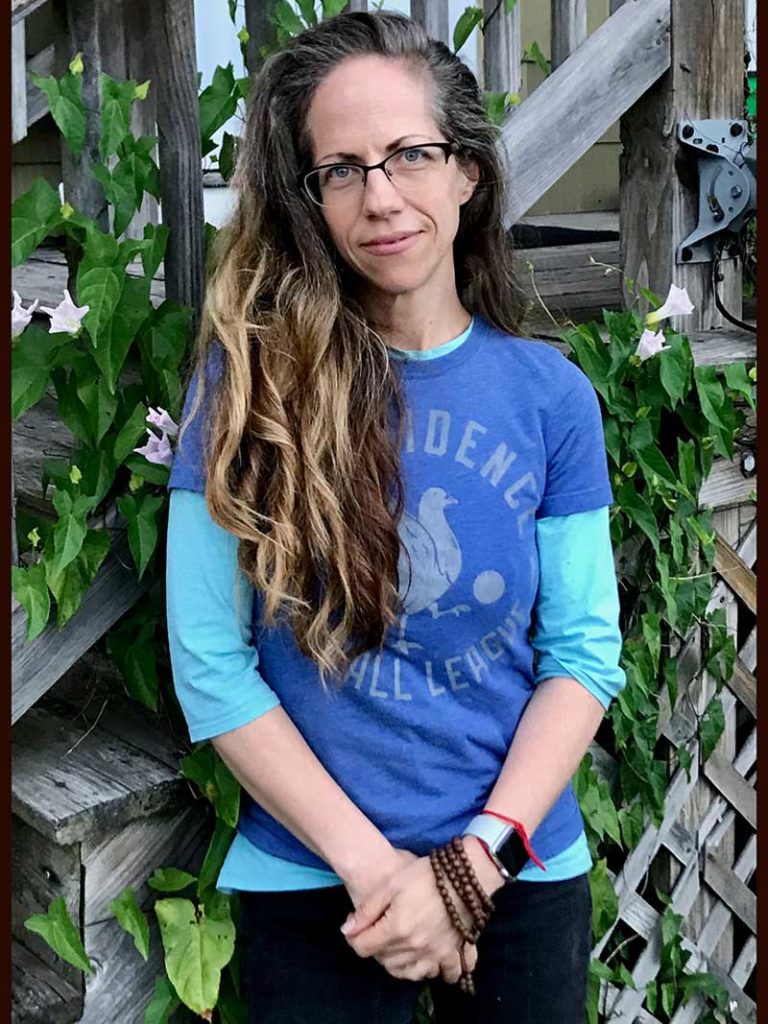
During the third month of my pregnancy, I woke up in excruciating pain, without any precipitating event. I couldn’t sit, stand, walk or drive for more than a short time.
I searched the country for a remedy, diagnosis or a cure. During this time, I was largely bed- or housebound with consuming, debilitating pain for over 16 years.
But in the fall of 2017, through non-conventional therapies, I had three months of functional wellness. During that brief respite, I fulfilled the promise I’d made to myself – that if I ever got better, I’d advocate for the pain community.
I began looking into the government’s response to the overdose death crisis which marginalizes pain patients, criminalizes the treatment of pain, and drives many to suicide. The more I investigated, the angrier I became. I became completely disillusioned with modern medicine, the food industry and the systematized disempowerment and vilification of patients and their physicians, who tried desperately, but are ill-equipped to treat them.
My wellness didn’t last. I’d moved with my son to a new house, and spent the remainder of the year experiencing one long medical crisis. My teenage son fell dangerously ill three weeks after me and missed most of his freshman year. It took eight months to figure out that we were suffering from toxic mold exposure.
As I lay there that winter trying to fight my way back from the abyss, I had a lot of time to think. I came to realize on a profound level that anger didn’t serve me. I was disabled and dangerously ill. My weight dropped to 83 pounds, and I started seeing things differently. I stopped waiting until I felt better to live my life because clearly, that wasn’t working and only ended one way.
So, I rejected it all… the medications, systematized passivity, and the pedestal of Western Medicine. I started seeing pain as energy that could be redirected. No, I didn’t know if I would survive another day, but I would wake up and think, “So be it. I have today, I have right now, I have this present moment to advocate for my son.”
So, I was transformed by Gratitude for my life and the life of my son… by Love.
Life is fleeting and it is precious. The outward qualities of my life became irrelevant – I’d found something much more powerful within.
When you changed from conventional medicine to following your own instincts, what did you do differently?
High doses of opioid pain-relievers kept me from suiciding all those years, but they didn’t help me regain my health. It’s a terrible way to live. You just keep searching for answers, adding diagnoses and trying to survive on the diminishing hope for answers. Your muscles atrophy, you lose your cognitive function… you lose a lot of things.
Modern medicine can treat trauma and give you pharmaceutical band-aids, but it’s not designed for wellness. It can’t help you heal from chronic conditions. Persis Hope, a nurse practitioner and functional medicine specialist in Augusta, suggested elimination diets for my son.
We cut out dairy for six weeks… then gluten… then corn, sugar, and all processed foods. I began to walk again. I began a daily meditation practice, started yoga, began building community and walked everyday. My brain wasn’t generating as much pain. But we were still sick.
How did you figure out that mold was the problem?
I read a highly influential book called Dr. Mandell’s 5-Day Allergy Relief System by Marshall Mandell, MD. People traveled from all over the world to Mandell’s clinic in Connecticut in the 1970s to be treated for debilitating symptoms and mysterious maladies. He found environmental sensitivities cause a whole host of seemingly bizarre symptoms in children and adults: intermittent dyslexia, psychosis, arthritis, aggression and behavioral problems.
I read Mandell’s book, and I thought, “Maybe.” So I slept in a tent in the backyard for nearly three months while I tried to find a different apartment. I eventually left the house, and used my rent money to have the house analyzed. It turns out we’d been exposed for the past year to three kinds of toxic mold.
But with what I learned there, I put my pain-generating illnesses into remission. In January, we moved back to Portland, my son returned to school full-time, and I devoted myself to a life of service through activism.
What is your current work?
My current work is purpose-driven and compassion-based. I am active in the arenas of harm reduction, climate, and other areas of social justice with the Portland Overdose Prevention Society, Pain Advocacy Alliance, Pecha Kucha Portland and other groups. I write about hot-button issues for the West End News, serve as an ambassador at PelotonLabs, and surround myself with inspiring people.
With PechaKucha Portland, we amplify and elevate the voices of people who aren’t often heard. In fact, the theme for our next Pecha Kucha, Oct, 3 is “I am Other.” Specifically giving voice to people who have used that feeling of not belonging to persevere, rise, and transform their lives and the lives of those around them.
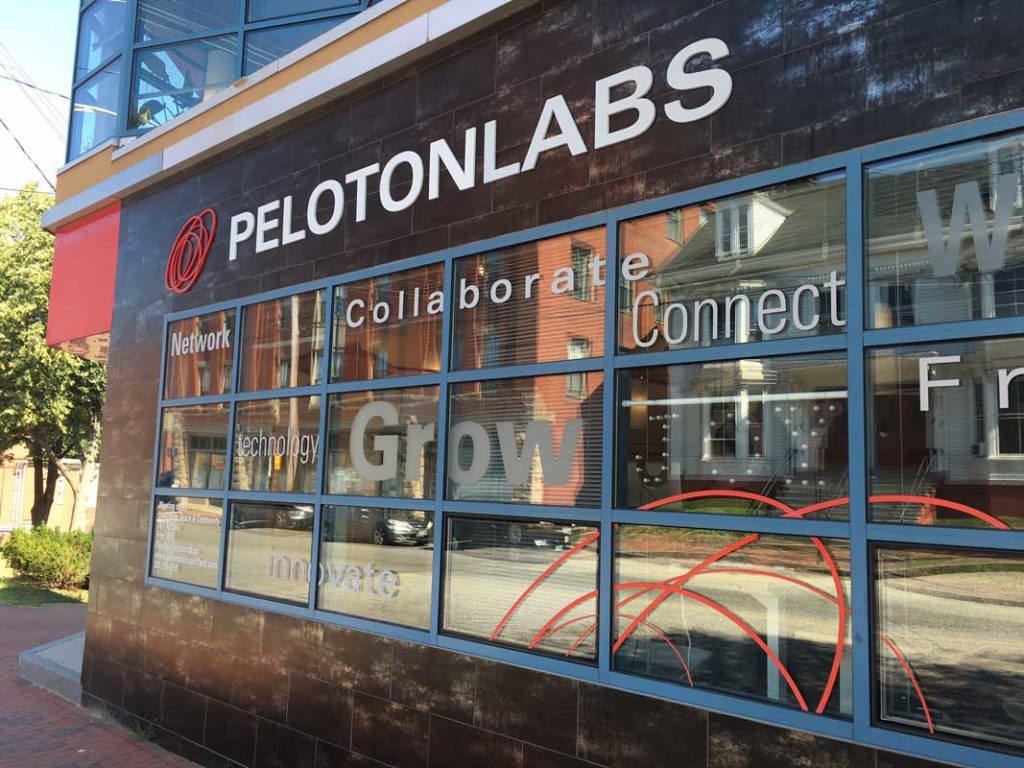
I’m also creating a model of professional activism that is financially solvent, encourages and allows for community engagement, and faces the important issues of our time. I hope to create a network of activists so we have community experts in every domain who support one another, amplify each other’s efforts, and create a larger impact.
PelotonLabs is a coworking space in Bramhall Square in the West End of Portland, Maine with a mission to connect and encourage people to improve their lives and contribute to the world around them.

